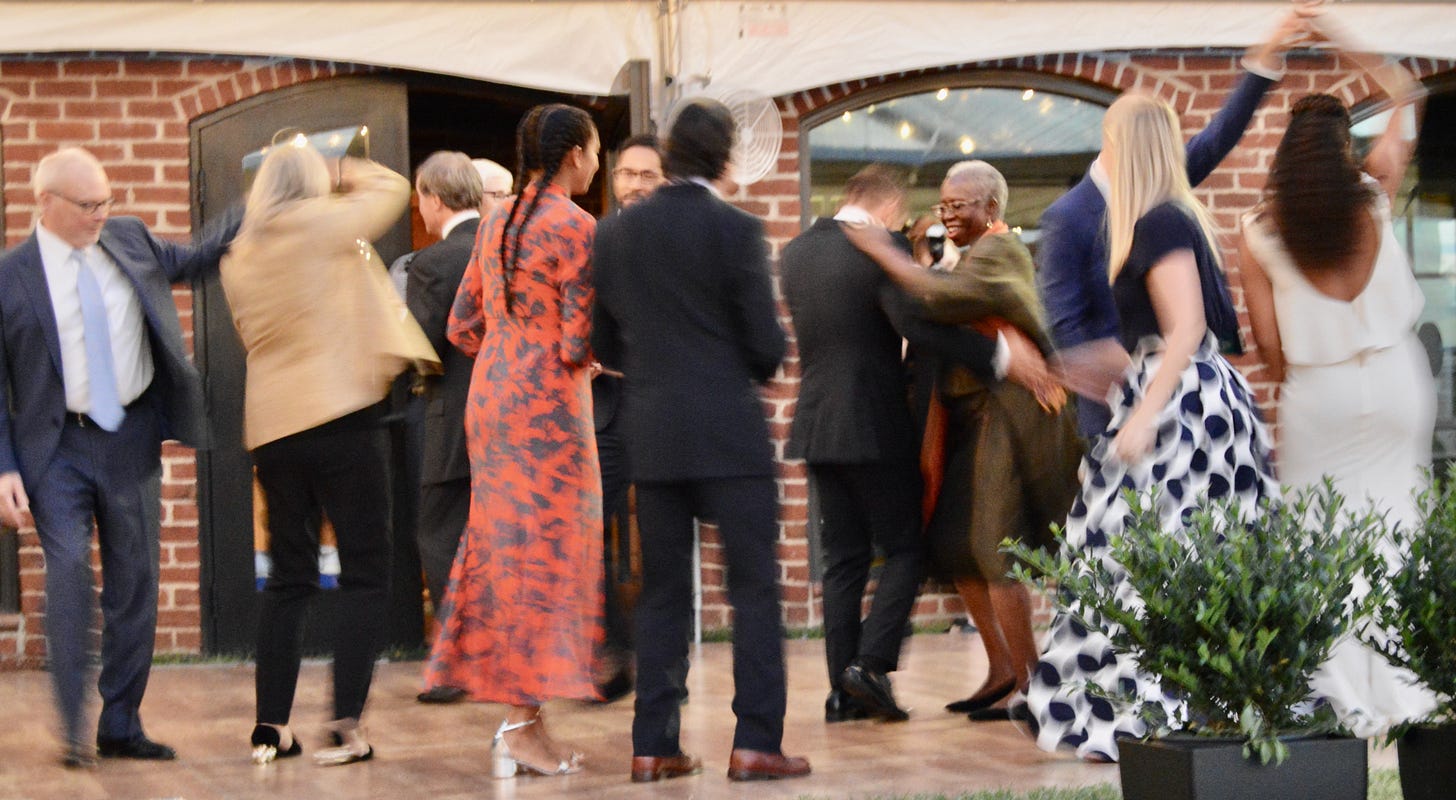We need to talk about the L-word. Whether you’re in it, looking for it, or so over it, it’s always around somewhere. Despite its persistent presence, you’d probably have trouble defining it if you were asked to do so. Is it strong affection, attraction, warm attachment, or all of these? We think we know what love feels like when it’s happening, but feelings are as subjective and changeable as love itself. On top of that, there are different kinds of love, no apparent consensus on exactly how many, and a general lack of consideration for most of them.
I remember learning, years ago, that Inuit and Yupik languages had more than 50 words for snow. And, I remember discovering later that the claim wasn’t exactly accurate. What is true, however, is that the snow-words in some languages far outnumber those in my own. We English-speaking types seem to have more options for the liquid version of precipitation. Depending on the rate at which the water is coming down, it might be misting, sprinkling, or storming. We might experience a deluge, a gully-washer, or a frog-strangler. And, when particularly intense, we might suggest that cats and dogs are also caught up in the downpour.
The same is not true for love, at least not anymore. As we have evolved culturally, rather than adding to our list of descriptors, we’ve rejected most of the nuanced language used by our ancestors to explain the many forms our devotions can take. The bonds we feel toward our pets, our kids, friends, family, intimate partners, and the great Divine end up squished together under one affection umbrella, with rather mucky results.
Of all the forms of love we humans (and some non-humans) experience, the one that gets the most attention is the one linked to romance and sex, what the Greeks called eros. Marked by intense attraction and passion, this erotic form of love is as likely to lead us into poor judgement as it is to the kind of pair-bonding we may hope for. Eros is Cupid’s arrow, the feeling of being pierced by something powerful.
Physiologically, eros is a hormonal three-ring circus. Serotonin drops, generating feelings of anxiety and fixation not unrelated to obsessive compulsive disorder. The reward chemicals, dopamine and norepinephrine, rise - making us feel hyper-alert and exhilarated. Estrogen and testosterone get in on the act, calling forth our mating instincts. A combination of lust and allure, eros is foundational to the perpetuation of our kind. And, when our attentions are returned by the object of our affection, we are over the moon with euphoria.
Eros is compelling. We just can’t help ourselves. It’s what drives the plot, writes the lyrics, sells the product. Yet, despite its magnetism, a number of modern thinkers suggest that our infatuation with this temporal kind of love sets us up for unrealistic expectations in our relationships.
In his 70s era self-help book, The Road Less Traveled, psychiatrist and author M. Scott Peck offers, “...the myth of romantic love is a dreadful lie. Perhaps it is a necessary lie in that it ensures the survival of the species by its encouragement and seeming validation of the falling-in-love experience that traps us into marriage. But as a psychiatrist I weep in my heart almost daily for the ghastly confusion and suffering that this myth fosters. Millions of people waste vast amounts of energy desperately and futilely attempting to make the reality of their lives conform to the unreality of the myth.”
Alain de Botton, a Swiss-born, British author and philosopher, feels the same and points a finger at Romanticism as the instigator. Since the 1870s, when its ideology swapped reason for feelings as the guiding force for marriage, he contends we’ve been aiming at the wrong targets. “Romanticism has been a disaster for our relationships,” he writes. “We're surrounded by a culture that offers a well-meaning but fatally skewed ideal of how relationships might function. We're trying to apply a very unhelpful script to a hugely tricky task.” What if, instead, we popped open a few more umbrellas, to give us room to move around in our love without getting soaked?
Drawing on what our progenitors understood so many years ago, we might begin by centering our attention on philautia or the practice of self-love. We’ve heard that what annoys us most about others are the very traits we dislike most in ourselves. Acknowledging that our personal demons affect our interactions, then flooding the sad, insecure, wounded parts of ourselves with self-compassion, is a form of love we deserve to cultivate.
Up next, pragma, or enduring love. This one may feel more elusive if we’re not already in compatible relationships, but it is predicated on compromise, which is of universal value. The pragmatic approach is longstanding, committed and tolerant. How differently would our days unfold if we devoted ourselves to the kind of patience needed to stand in love?
Agape is the pinnacle of love, the spiritual form that transcends all others. It is boundless, unconditional, and self-sacrificing. It persists even in the face of shortcomings. In agape, compassion and kindness flow out without concern for reciprocity. This love seeks and sees goodness, leads with grace, forgives.
There are other forms - kinship love (storge), playful love (ludus) - and we circulate between them as we make love happen across our lives. But, did you notice the intentionality intrinsic to them all? Loving takes active effort, and if we’re doing it right, it’s something we will work at, forever.
Relationships are hard. Many of us have been led to believe in the fantasy of the ideal when, as Bob Marley is remembered for saying, “The truth is, everyone is going to hurt you. You just got to find the ones worth suffering for.”
Love is a dance. You can't lose your focus. If you stop paying attention, you miss the cues. The effort is endless, but the reward is beautiful. Once you get the hang of it, you don't mind always having to be prepared to lean in or out, to shift the weight, to catch the hand. At some point, you stop noticing that your core has tightened up to brace for the turn. It’s instinctive. You learn how to move together. It's not that you don't occasionally step on each other's toes or botch the rhythm. It's not that the music never stops playing. But, you know how to take a breath, come back to the middle of the floor, and start up again. It's a lifelong, imperfect two-step, a perpetual sway between being and becoming.
Shall we?
~Elizabeth







Love-ly. So much to ponder: how did such a rich language collapse a nuanced phenomena into a single word, “love”?; is the capitalist system responsible for our fixation on Eros - the love that keeps and holds our attention the best, and keeps us buying (and scrolling)?; and how am I to best understand a marriage of 30 years?? I love the image of the welcome work of dancing. Thank you for inviting a recalibration of my thinking.
fascinating exploration of the word - that really gets tossed about quite a bit.
as always, a delightful read. thank you for sharing your words.